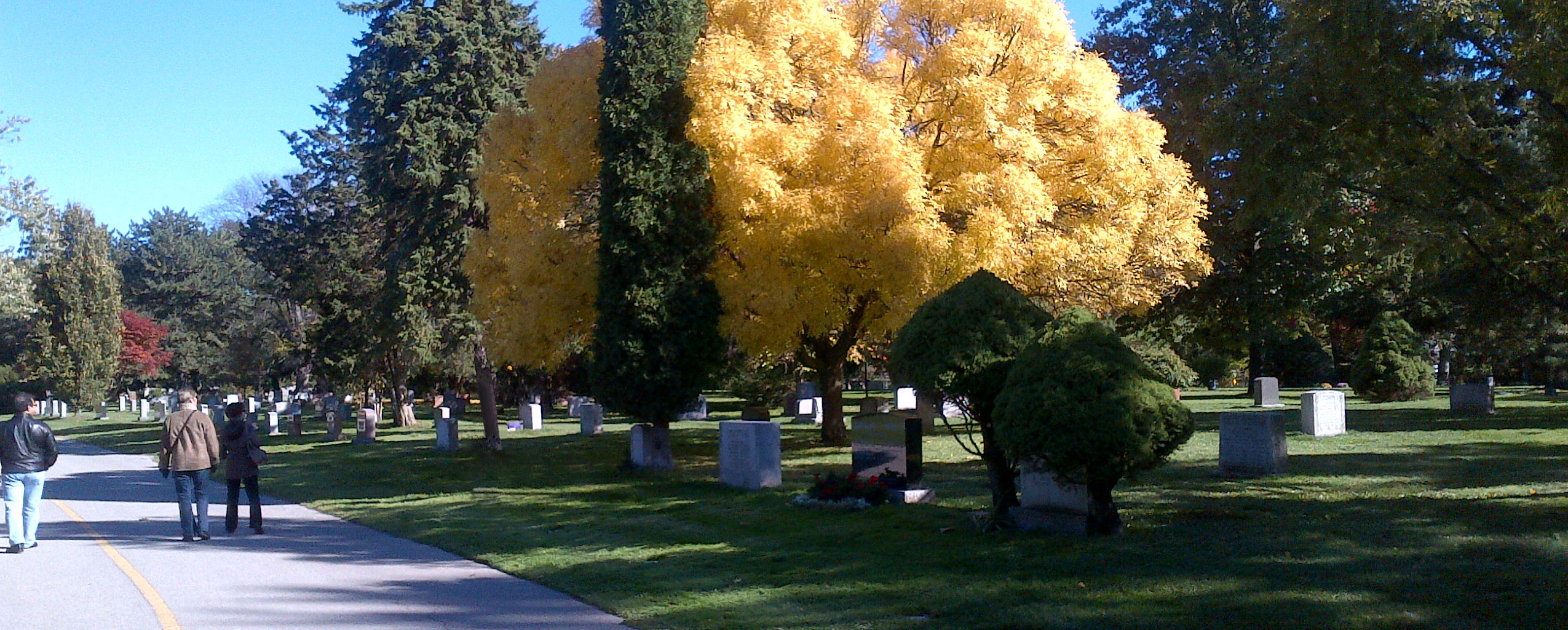Nagui's Choice: The Final Chapter - Dr. Brian's thoughts
In the five years since I've been hosting White Coat Black Art, I've met quite a few compelling human beings. None matches the experience of spending time with Nagui Morcos, a man with Huntington's disease who chose to hasten his death - even if doing so meant taking months or even years off what he referred to as his "rich life". We have extensive coverage of the life of Nagui Morcos, including the two incredible interviews he did for us on WCBA, plus interviews with his partner Jan Crowley and with Meg Westley, President of Dying with Dignity Canada. I thought I'd share with you my impressions of the man and his cause.
I first met Nagui Morcos during the winter of 2011. Wanda Morris, Executive Director of Dying with Dignity Canada, approached me with an offer to meet Nagui. The non-profit organization advocates for improved hospital and palliative care in Canada and provides a confidential support program for people at or near the end of life.
After trading a couple of emails, I picked up the phone to have a chat with him. In the business, we call those conversations pre- interviews because they predate the one recorded in studio or in the field for later broadcast. We're always looking for people who are - as we say in the business - "good talkers." By good talker, we mean people who have a story to tell and who can tell that story well.
Nagui was all that and more. He was straight up about his own battle with Huntington's disease (HD), a neurodegenerative disorder that affects one in ten thousand Canadians, and how the disease was affecting his health. His rich baritone voice quivered, an obvious symptom of HD. But I found Nagui easy to follow and figured listeners would too.
I was mindful to that I wanted to listen to Nagui's story but not advocate for his cause. It turns out that was never an issue.
I met Nagui at the CBC in February 2012. He came by himself on a cold, wintery day. He moved slowly and deliberately, willing his body to overcome the choreoathetosis that is unfortunately quite typical of the disease. It was exhausting, and I admired him straight away for the incredible effort he put into paying me the courtesy of a visit.
Make no mistake. Nagui was no babe in the woods when it came to the media. He had run a successful business; a cheese shop that boasted hundreds of varieties. He was also a successful marketing executive before HD-related symptoms forced him to retire. Nagui brought a marketer's eye to the studio. As we exchanged pleasantries, Nagui wanted to know how many people listened to the show.
I didn't realize it at the time, but Nagui was on a mission to restart the conversation over assisted death, using his own situation as an example.
During the interview, Nagui answered all of my questions. I was tough on him, asking why he wanted to end his life. I also asked him pointedly if he worried about the fallout that might occur with the police in the aftermath of ending his life. It was a chilling foreshadowing of the events that transpired in the hours following his death.
I concluded the interview by saying that I hoped I would get to speak with him again. He said he'd like that. I escorted Nagui out of the CBC and he departed into the winter landscape.
When we aired 'Will to Die', featuring Nagui's powerful interview, we got a tremendous response from you. Some took me to task for challenging Nagui on his plans, but most of you were moved by Nagui and his story. When the show won a 2011 Media Award for Health Reporting given by the Canadian Medical Association, no one was happier than Nagui.
It's one thing to say you're going to end your life; quite another to do so. Last February, Wanda Morris of Dying with Dignity Canada contacted me again to see if I would interview Nagui again. She said he had some things he wanted to say.
I agreed immediately. This time, he brought his partner Jan Crowley. At first, I was just glad to be able her get her perspective as the spouse of a person who wanted to end his life. More than that, seeing and feeling the obvious chemistry between them told me that this was more a love story than simply a story about a pitch for assisted death.
As the interview drew to a climax, I kind of knew that I'd never speak with Nagui again. As I bade him goodbye by tape, I told him it was a pleasure knowing him, something I have not said before or since that interview.
Although I asked him how he intended to end his life, Nagui remained as steadfast in his desire to keep others out of his decision to end his life as he was to end it. I believe he did so in order to protect anyone who could be accused of assisting him.
When I heard Nagui ended his life on Earth Day, April 22, 20012, I felt an odd mixture of sadness and ecstasy; sadness for the fact I would never be able to chat with that wonderful human being again, and ecstasy that he had been able to exercise his choice and carry out his plan in the manner in which he wanted.
Make no mistake. I am sorry that he is gone. The thing is, Nagui was sorry he had to leave his "rich life" by his own hand while he was still able.
As we restart the conversation on assisted death here in Canada, I am certain I will keep hearing Nagui's voice inside my head, gently challenging me to think again about this most important of subjects.





